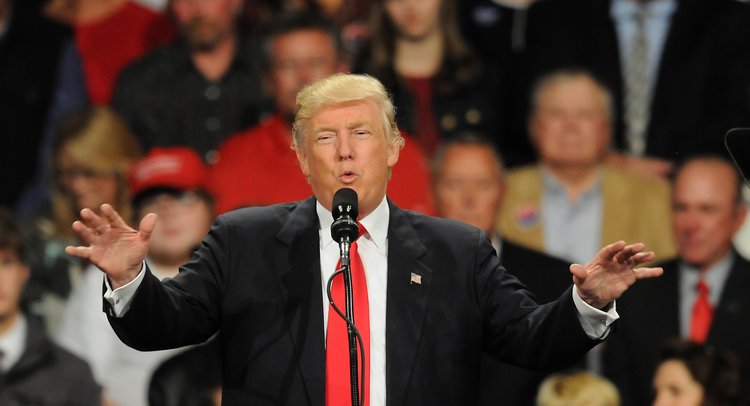Donald Trump is targeting the auto industry with an investigation into importing of automobiles into the US. “U.S. Secretary of Commerce Wilbur Ross initiated an investigation under Section 232 of the Trade Expansion Act of 1962, as amended. The investigation will determine whether imports of automobiles, including SUVs, vans and light trucks, and automotive parts into the United States threaten to impair the national security as defined in Section 232.”
Trump’s use of this obscure piece of law dates back to 1962, and allows Trump to skip an essential step in most trade complaints: proving the other side did something wrong. All the administration has to do is prove national security is weakened. Under this law, Canada and Mexico could see 25% on cars crossing the US border (the World Trade Organization cap on tariffs is 2.5%, so this jump is huge!).
The US and Canadian Auto industry is rightfully against such an investigation on the claims of national security, as is our Prime Minister. Currently, Canada uses about 70% imported US parts to build a car. This equals $13 billion in a trade deficit with the U.S. in this category alone — an amount equivalent to Canada’s entire manufactured goods surplus with the U.S. in 2016. But the parts deficit is more than offset by a surplus in shipping back finished cars to the US from Canada.
So what does this mean for Zarowny customers?
If Trump is successful in his investigation and applies a 25% tariff on cars to the US, the Canadian Auto Manufacturers will have these options to off-set tariff costs:
- Higher priced domestic cars
- Relocate plants to US, making vehicles more expensive via importing/transportation/exchange rate/duty.
- Impose tariffs on other US imports in retaliation
But ultimately, Zarowny customers that are looking to trade in their vehicle and purchase a new one, the time is now. The US is a large importer of our used vehicles, bringing you top dollars for your trade in. This could change with the implementation of one-sided tariffs.
(sources: CBC News, CM Trade Law)


